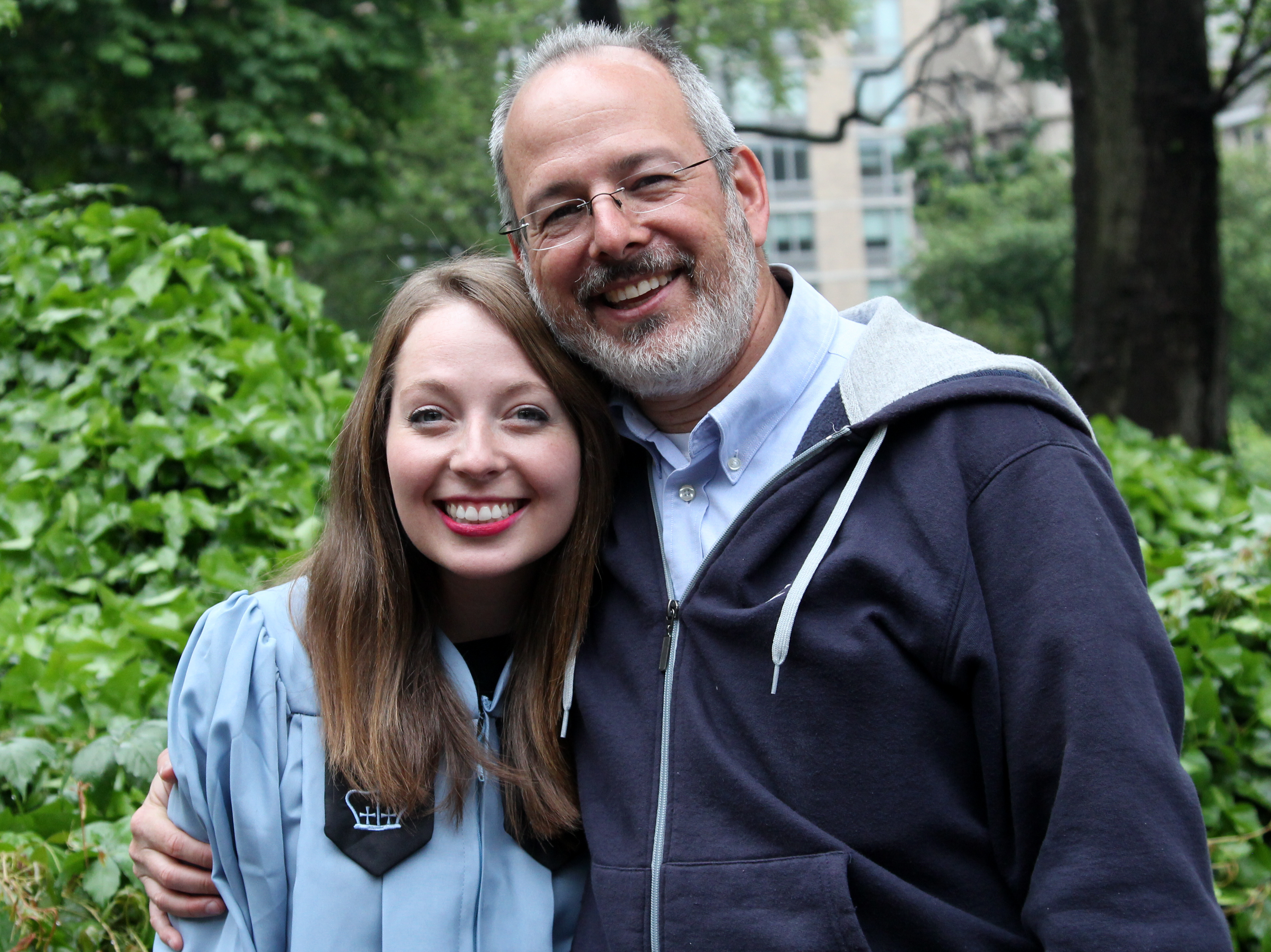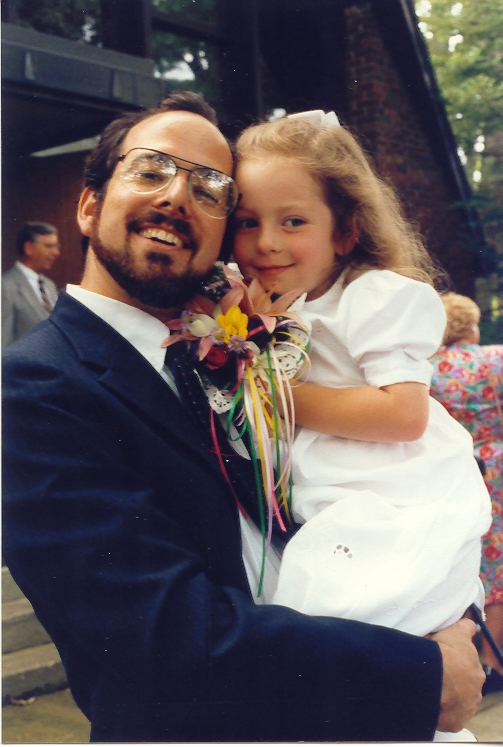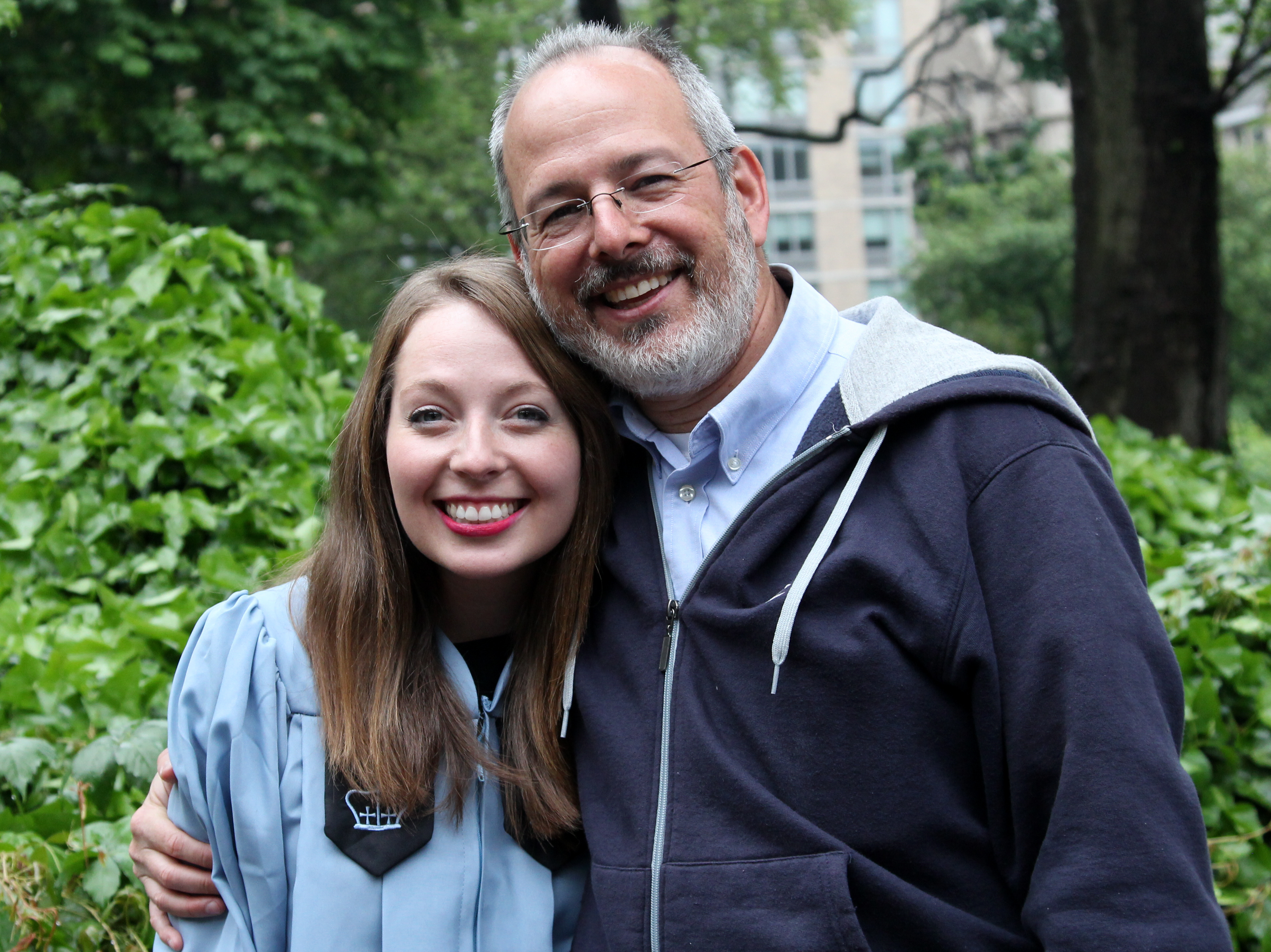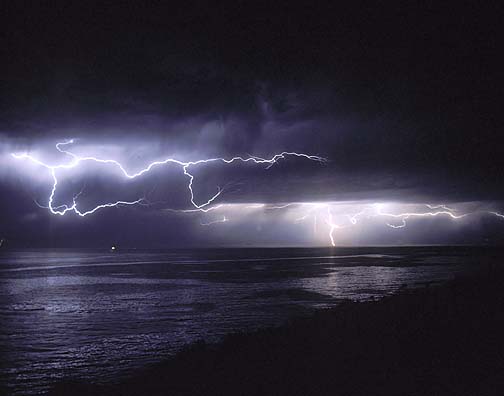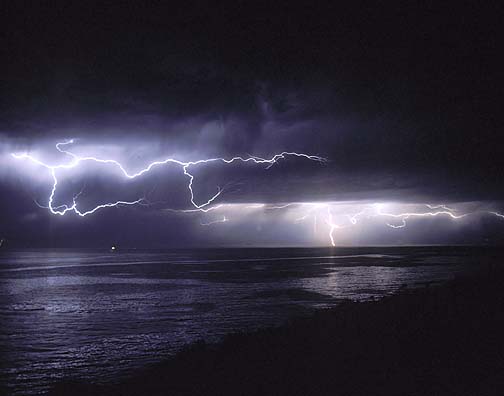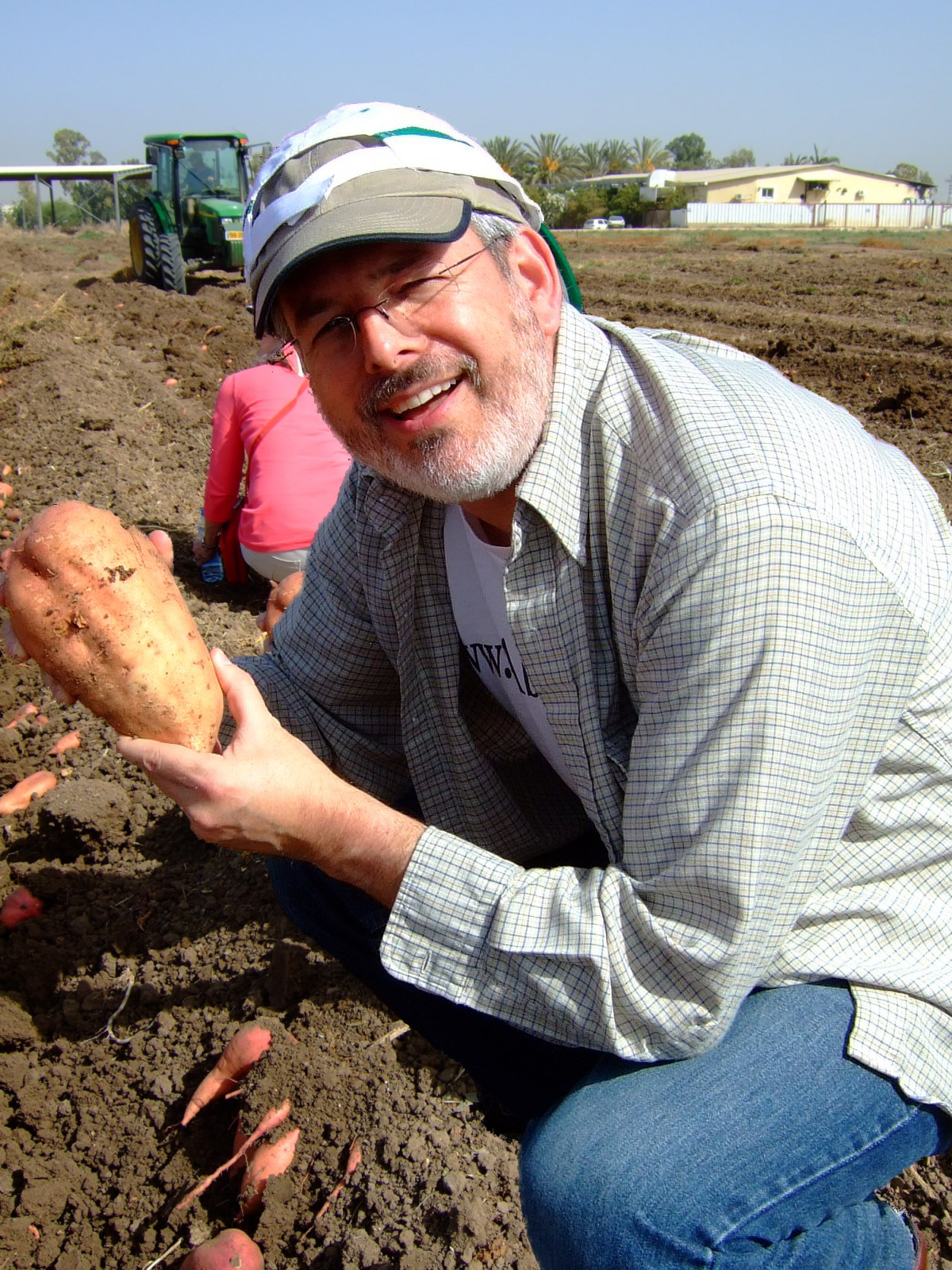On “Human Rights Shabbat,” the Night Before Hanukkah
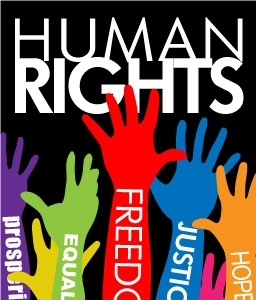 As we look toward lighting our first Hanukkah candle tomorrow evening, I have a story to share with you. Oddly, it’s a Passover story. But the message is perfect for tonight. And as an added plus, it gets us going on our Pesakh preparation as well!
As we look toward lighting our first Hanukkah candle tomorrow evening, I have a story to share with you. Oddly, it’s a Passover story. But the message is perfect for tonight. And as an added plus, it gets us going on our Pesakh preparation as well!
In the nineteenth century, prominent Lithuanian Rabbi Yisroel Salanter, hadn’t been feeling well. This was just prior to Passover, and it became necessary for his students to take upon themselves the rabbi’s usual supervision of the town’s matzo-baking. Matzo is subject to its own rules of kashrut, ensuring that no leavening be allowed to occur at any time during the preparation, baking and storage of matzot. Keenly aware of this immense responsibility that had been placed upon their young shoulders, the students pressed Rabbi Salanter for guidance. “Tell us, rabbi, what must we be sure not to overlook.” To which Rabbi Salanter, pulling himself with great difficulty to a sitting position, and with the most serious of voice and expression, responded, “See to it … that the women who bake the matzos … are paid promptly.”
Judaism has always cared deeply for human rights. Starting in the very first chapter of the book of Genesis we are taught that all people are created b’tzelem Elohim, in the image of the Divine. Each of us has the spark of God within and, as such, every person in existence is to be treated with dignity, honor and compassion.
And so, it isn’t surprising to walk into a synagogue and find any number of projects that have been adopted in order to empower the temple community to elevate the dignity and economic security of others. Woodlands is certainly no different. One of my favorite complaints, and I’ve been receiving it for all 18 years that I’ve been here, is that the front lobby is too cluttered with donations for the needy. I ask you: Who’d want it any other way? It’s like the Israelites wandering in the desert. Invited to donate for the building of the Mishkan, they had to be told, “Enough! Stop giving. We’ve got more than we can use!” I love it when our Social Action Committee can’t keep up with the volume of donations you bring. These days, we’ve been tripping over cleaning supplies and batteries to try and help the folks who were assaulted by Super Storm Sandy. You won’t hear me shout, “Enough!” — not for quite a while to come — because too many lives have too many needs that will likely continue for too many months, if not years, to come.
This certainly is not merely a Jewish value. Judaism’s purpose, I believe, is to help every member of a Jewish family to learn and to implement the values that all human beings should be practicing. And so, in 1948, when the United Nations adopted the Universal Declaration of Human Rights, we Jews could applaud their efforts and sign on the dotted line. The Declaration of Human Rights is based on the idea that “there are a few common standards of decency that can and should be accepted by people of all nations and cultures” (Mary Ann Glendon, 2004). Among the human rights enumerated are: fundamental principles of freedom, dignity, and equality, and the right to life, liberty and security; prohibitions against torture and slavery; equal recognition before the law; prohibitions against arbitrary arrest, detention or exile; the presumption of innocence; the right to freedom of movement, to leave and return to one’s country, to seek asylum, to own property, to marry and found a family; freedom of religion and thought, freedom of expression and peaceful assembly, freedom to take part in the government, and equal access to public service; the right to work and to receive equal pay for equal work; the right to join a trade union; the right to a reasonable amount of rest and leisure; the right to food, clothing, housing, medical care, and necessary social services; the right to education and to participate freely in the cultural life of the community.
What a profoundly moving and important document. What an intensely Jewish document!
How many times have you and I heard the words, “You shall not oppress the stranger, for you know the heart of a stranger, having been strangers yourselves in the land of Egypt”? Does this document not enshrine the very values and principles upon which our own religion was founded? Our ancestors knew the sting of the whip, the denial of freedom, the whimsical destruction of life. And when they were freed by the waters of the Red Sea, they sought not merely to enshrine their own protection, their own safety, the security of their own babies, but have from time immemorial demanded such rights for everyone. Regardless of ethnicity, religion, political affiliation, sexual or gender orientation, our Jewish heritage has taught us and urged us to advocate for the well-being of one and all. That’s why our front lobby gets cluttered with donations.
Of course, stating ideals is one thing. Living by those ideals is something altogether different. And so we find ourselves living a paradox, even here in the United States. Despite such a lofty document, the actions by the nations of the world in the years since 1948 suggest that merely signing a piece of paper has guaranteed nothing. And so we find ourselves living in a world that regularly denies full (and sometimes even basic) human rights to women, to children, to people of color, to the LGBT community, to Muslims here in America, to African asylum-seekers in Israel, to the struggling middle-class, and so many, many more.
The Universal Declaration of Human Rights was unanimously approved in 1948. But even though no country voted against it, eight countries did abstain. More disappointingly, virtually every one of them has fallen depressingly short of fulfilling the Declaration’s terms. In every nation across this exquisite planet of ours, too many are permitted to languish in lives and circumstances that neither you or I would ever tolerate for our own loved ones. Having so much richness in our own lives, you and I must do more than express concern for those who don’t. We need to act. We need to drive to the Rockaways and help rebuild. We need to fly to the Gulf Coast and continue the rebuilding. We need to volunteer in shelters and in public schools to ensure that children have access to learning and to love. We must stand up – in town halls, in our nation’s capital, on our street corners if need be – and share our values and our hopes aloud. Our elected representatives need to hear from us when the human rights of one are trampled by another. And we need to encourage our children, and our grandchildren, and our temple children (through our religious school and our worship), to learn and to act on these values as well.
I don’t know if the Maccabees had to bake matzoh. I imagine they did. I wonder if in their heroic struggle to regain their political rights, did they make sure that the women who baked their matzo were paid promptly? It’s tough to be a Maccabee. Even for a Maccabee.
Tomorrow evening, we’ll light the first candle of Hanukkah. Unlike our Maccabean ancestors, our struggles will involve figuring out from which direction to insert and to light the candles, how to avoid being splattered by hot oil when making our latkes, and deciding what gifts to share with our loved ones. For me, being a terrible gift wrapper, my personal struggles will include scissors and scotch tape.
But we’ll have missed the point, won’t we?
Tomorrow evening, when we light the first candle of Hanukkah, let’s try and think about the real struggles that are going on in the world today. Let’s tell the story of the Maccabees, and let’s try and find the Maccabees of our own day. And maybe, if we act to help others in their hour of need, we’ll become Maccabees ourselves. In celebration of Hanukkah, donate to places and organizations that are fighting the good fight. In celebration of Hanukkah, let’s go somewhere, roll up our own sleeves, and fight the good fight ourselves. You might want to talk to Stu Berlowitz or Jay Werner about joining them in the Rockaways. This need is particularly urgent. But there are so many opportunities out there, and so many good people waiting for you to offer a hand.
My cousin Kenny sent me a cartoon today that’s been making the rounds on the Internet for quite a few years now. It shows a family gathered around a cell phone, the father proclaiming with religious fervor and theological awe, “The cell phone only had enough battery power for one day, but it lasted for eight.” This cartoon has always represented the shallowest, consumerist dimension of Hanukkah. But during Super Storm Sandy, there was in fact a true need for batteries that lasted beyond expectation. So for the first time, this cartoon is actually poignant.
Eloheynu v’elohey avoteynu v’imoteynu … dear God and God of our ancestors, what an incredible heritage You have bequeathed to us. Not just You, of course, but those ancestors of ours who thought that Your teachings were truly helpful in the challenge to become compassionate human beings. On this almost-Hanukkah evening, we’re so grateful for the gifts that have come down to us through the ages. May we make good use of them. And through Your gifts, may we make this world a better home for all. And may our children’s children one day thank their ancestors – us! – for making sure that they too were able to bake the matzo and to see that the women were promptly paid.
Ken y’hee ratzon.
Billy



